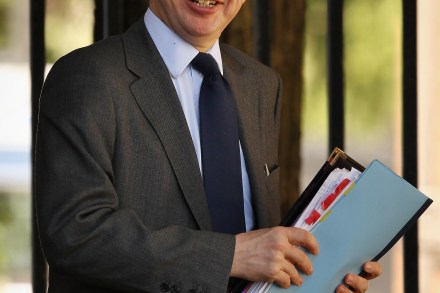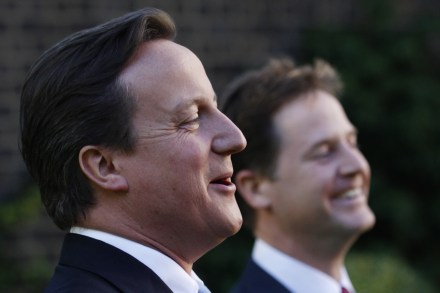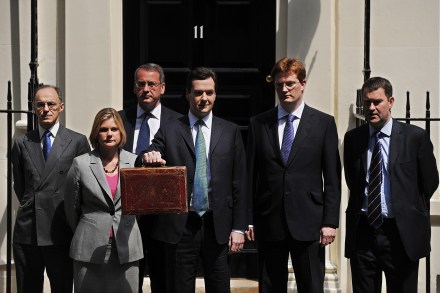Gove puts democracy ahead of bureaucracy
Michael Gove’s welcome freeze on Building Schools for the Future will invite tomorrow’s press to claim only that this means 715 various building projects are not being carried out. In fact, what it means is that the fund will be open for the Swedish-style new schools. The budget will be transferred from bureaucratic priorities to those of communities, as expressed by those who wish there to be a new school. One of the great tragedies of the politicians’ stranglehold over education is that they just love huge, shiny buildings to point at, complete with new whiteboards and all the latest gadgets. The Swedish experiment has shown the parents care not



















